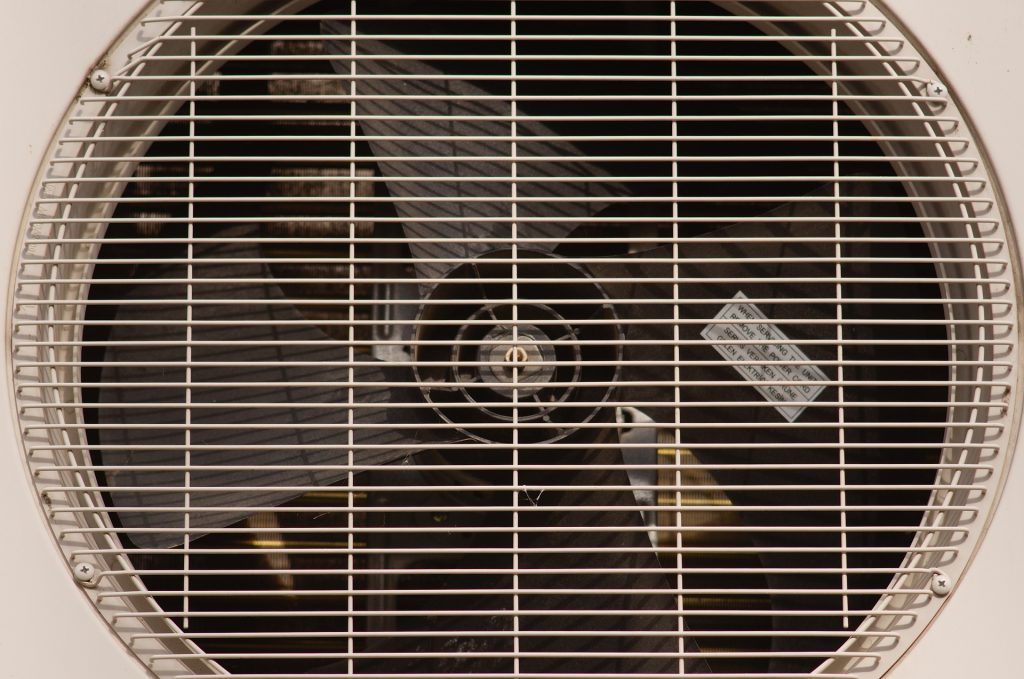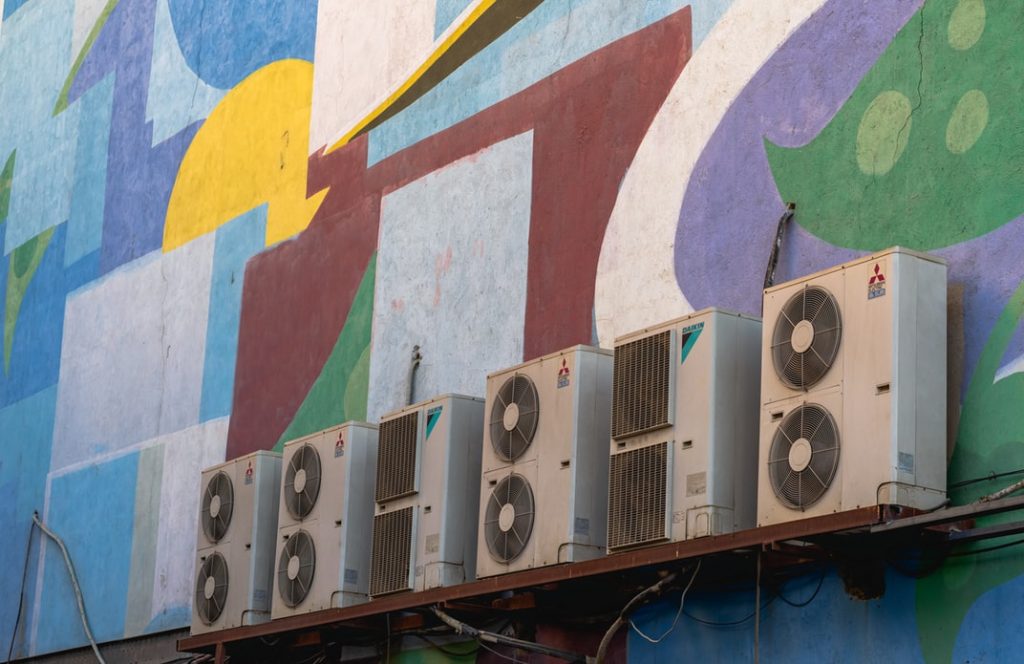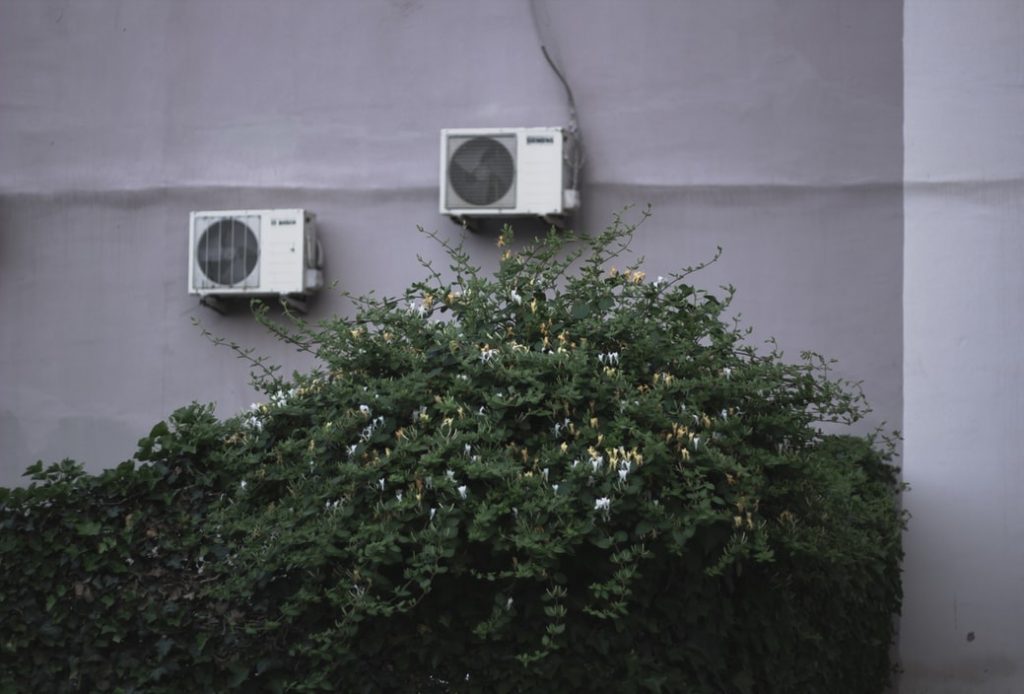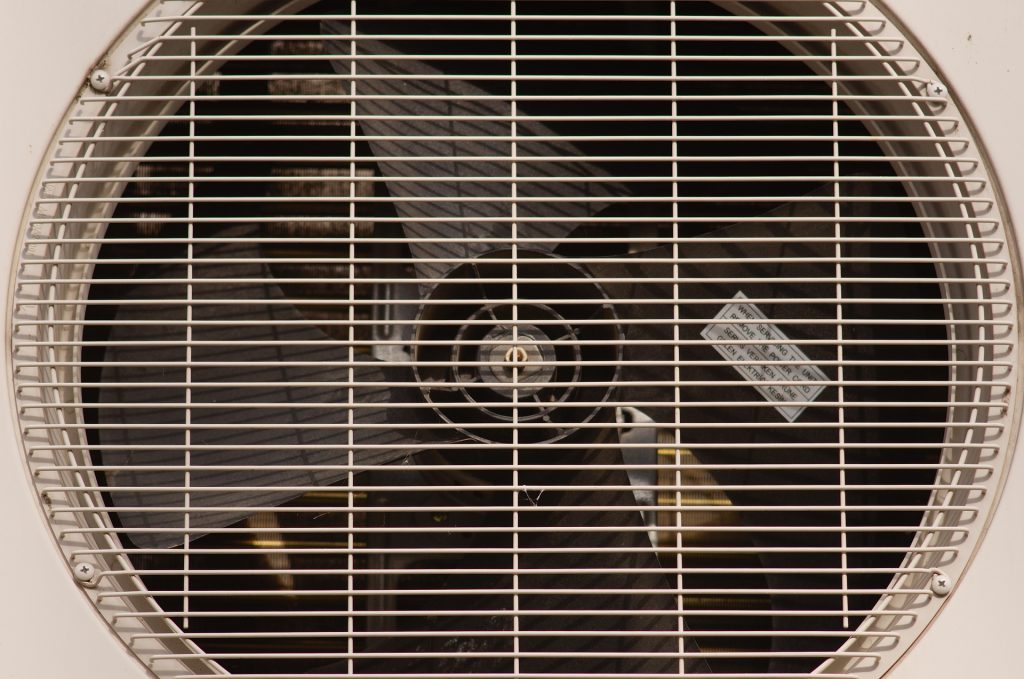Nothing lasts forever. Even the most efficient air conditioning system has an expiry date.
Today, we’ll be discussing everything there is about the mortality of air conditioners in Phoenix and how you can extend their lifespan.
It’s always good to have the end in mind, so you’re not caught unawares in the middle of summer. That way, you can start saving if you sense the end is near.
Several factors affect your air conditioner’s health and lifespan. We’ll go through each one of them and hopefully help you predict and prepare for the end of your air conditioner.
What is the average lifespan for air conditioners in Phoenix?
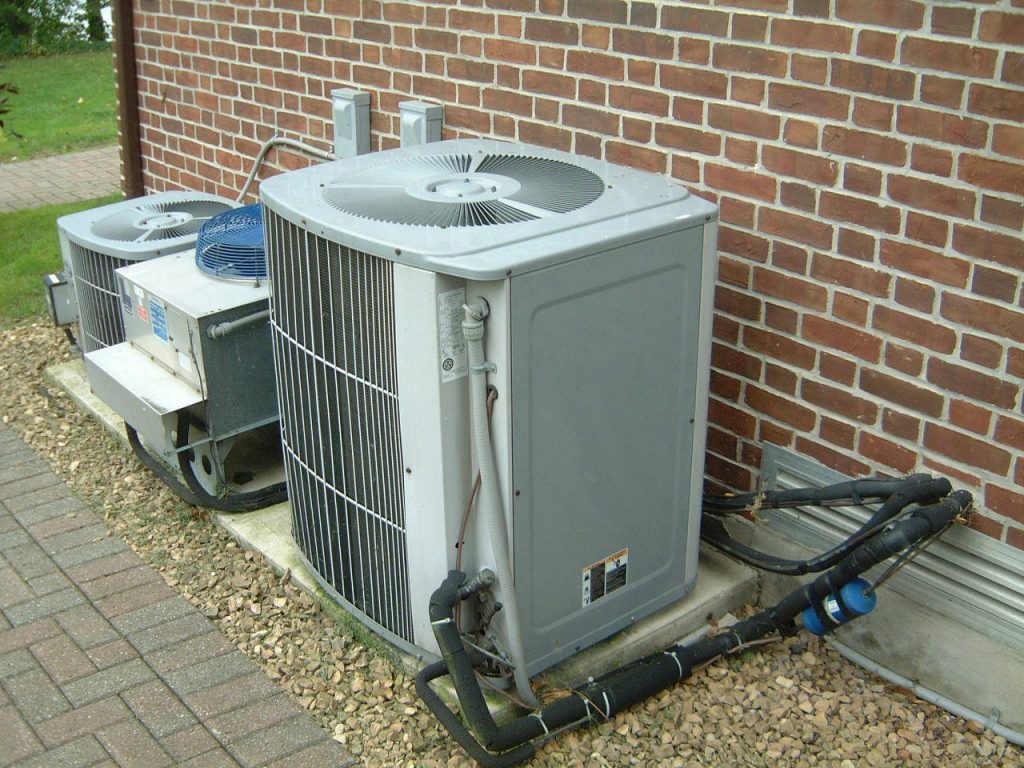
The average lifespan for air conditioners in the United States is around 13 to 15 years. However, that is an average estimation gotten from the 50 states in the US. The life expectancy for air conditioners here in Phoenix, Arizona, is going to be slightly lower.
Why? Because of the harsh climatic conditions that are prevalent in the state of Arizona.
Did you know that Phoenix has a hot desert climate? The summers here are scorching hot—we’re talking daytime temperatures as high as 105.8℉ (that’s 41℃).
If that wasn’t enough, Phoenix is also a regular victim of sand storms—all this will surely chew on your air conditioner’s lifespan.
Those are the reasons why the average lifespan of air conditioners in Phoenix is around 8 to 10 years. That’s almost a 20% decrease on the national average.
Factors that affect your air conditioner’s lifespan in Phoenix, AZ
1. Climatic conditions
As mentioned earlier, Phoenix experiences extremely hot climatic conditions.
We’re now going to explain how these climatic conditions affect your air conditioner’s life span.
- The scorching heat: We don’t know about you, but temperatures of 41℃ sound hellish. These high temperatures mean your air conditioner needs to try harder than usual to main steady indoor temperatures. In such a case, it’s only a matter of time before your air conditioner takes the toll and throws in the towel.
- The wind, dust, and other harsh conditions: All those are expected in a city experiencing desert climatic conditions. It’s even worse for uncovered outdoor units. All that dirt will clog and ultimately reduce the efficiency of the air conditioning system.
2. Sizing
Air conditioner sizing is the other very important factor that very few people know about.
“Sizing an air conditioner” involves making sure that the air conditioner is the perfect fit for the room it’s supposed to cool.
For example, you shouldn’t buy a small and less powerful air conditioner for a large room—this is “undersizing an air conditioner.” If you do this, your air conditioner will struggle to lower and maintain the room temperatures. It will have to work harder than usual, and this will eventually kill it.
Oversizing is the other extreme end to sizing an air conditioner. This is where the air conditioner is too big and powerful for the room.
Isn’t that supposed to be a good thing?
Yes, in theory, but not practically.
Oversizing an air conditioner is just as bad as undersizing an air conditioner. You’ll notice that your air conditioner will start experiencing short cooling cycles. This will turn cause overheating, which will slowly kill your air conditioner as its efficiency reduces.
Always makes sure that your air conditioner is the right fit for the room or building you want to cool.
Click here for more on How To Measure Room Size for Air Conditioning.
3. Maintenance
You must have seen this one coming.
You can massively increase your air conditioner’s lifespan by strictly adhering to the scheduled maintenance routines.
Sure, you can always count on the annual and thorough maintenance done by your HVAC contractor. Nevertheless, there is still so much you can do on your own to further boost your air conditioner’s lifespan.
Below are some of the simple air conditioner maintenance routines you can do at home:
- Regularly replacing your air conditioner’s filters: We’ll never stop insisting just how important this is to your air conditioner’s quality of life. As mentioned earlier, we deal with a lot of dust here in Phoenix. By replacing your filters every month, you’re making sure that your unit is free from airflow blockages and possible mold infestations.
- Dust your vents and outdoor unit: Remember, dust is your air conditioner’s worst enemy. Make sure you take the time to dust your indoor vents to prevent dust buildup. In addition to that, check on your outdoor unit at least once a month and make sure it’s free from dirt, debris, and rodent infestation. Doing so would also improve indoor air quality.
- Check on your thermostat: A faulty thermostat can easily wear down your air conditioner. It’s even worse if it pushes your air conditioner to do more than is necessary.
Are you in need of more maintenance tips? Check out these 10+ Easy Air Conditioner Maintenance Tips.
3. The condition of your outdoor unit
Most people install their central air conditioners and completely forget everything about the outdoor unit.
For months or even years, the poor thing is left out in the open under the extreme weather conditioners here in Phoenix—and people always wonder why their air conditioning system tends to break down and need AC repair without even clicking the 3-year mark.
How then can you take care of your outdoor unit?
The best thing you can do is to ensure its installation was properly done. Always call in an HVAC professional to do the installation work for you.
Next, you can make a cover for the outdoor unit. However, be careful so as not to interfere with the unit’s airflow. Consult your trusted HVAC professional before you proceed with this idea.
Sounds interesting? Check out Do you really need an air conditioner cover? Everything you need to know.
Conclusion
There you have it. The average age of an air conditioner in Phoenix, Arizona, is around 8 to 10 years. It’s lower than the national average (10 to 13 years) because of the harsh climatic conditions prevalent here in Phoenix.
Nevertheless, there is still a lot you can do to boost your air conditioner’s lifespan.



